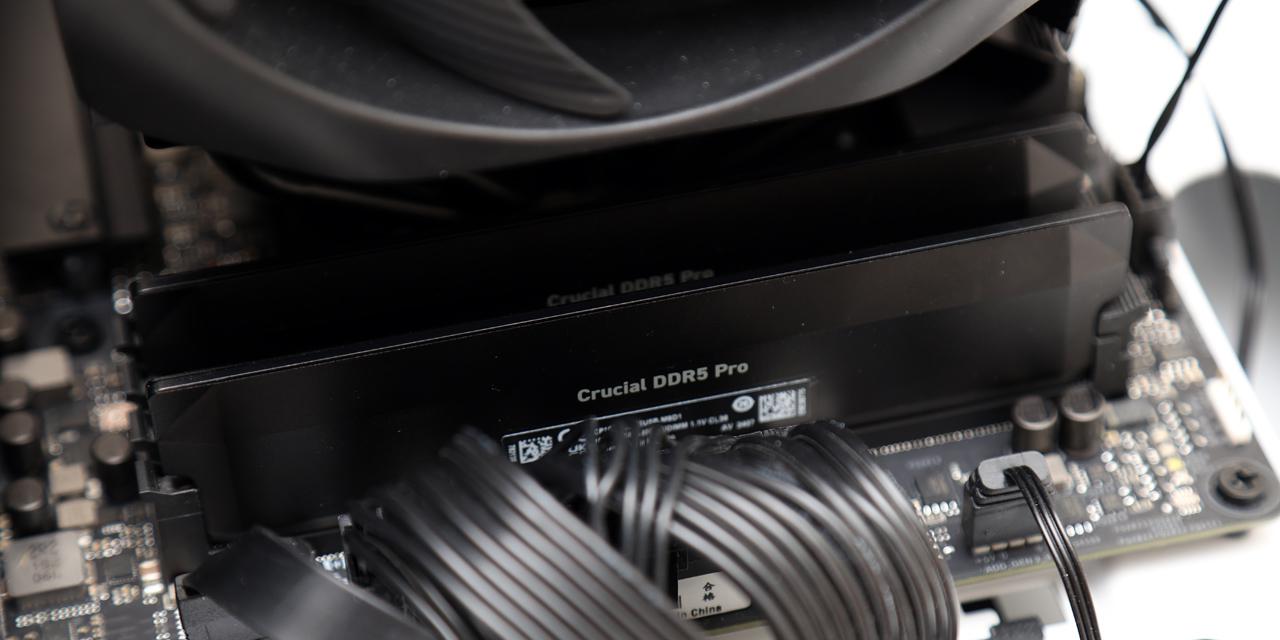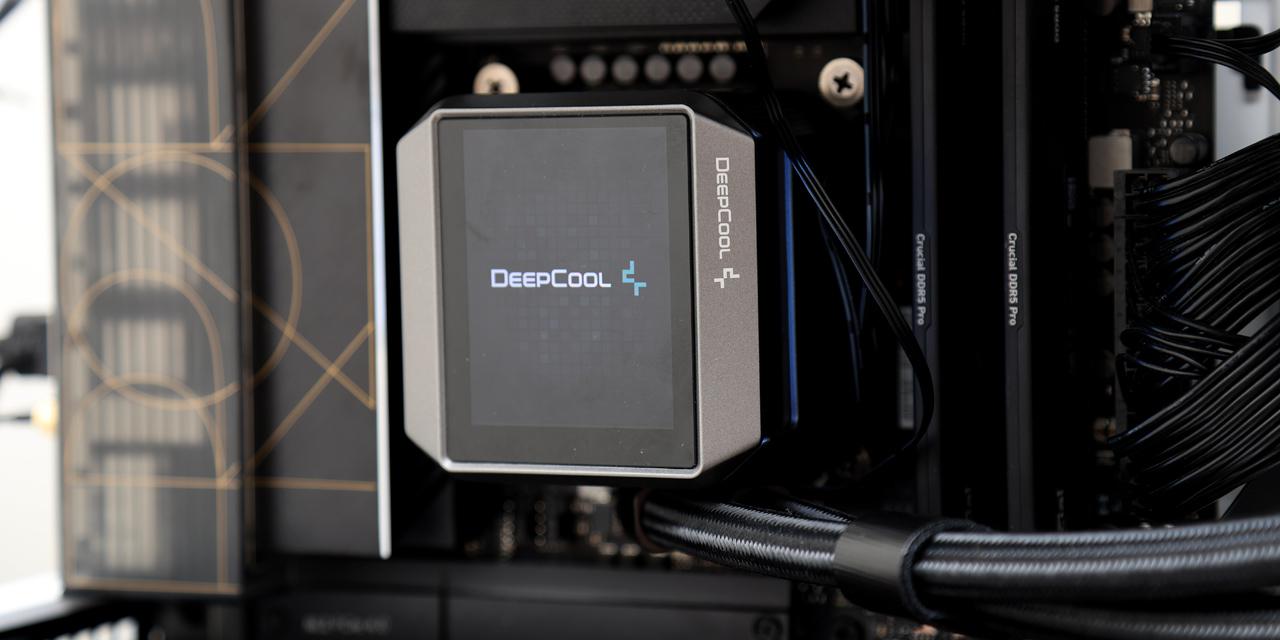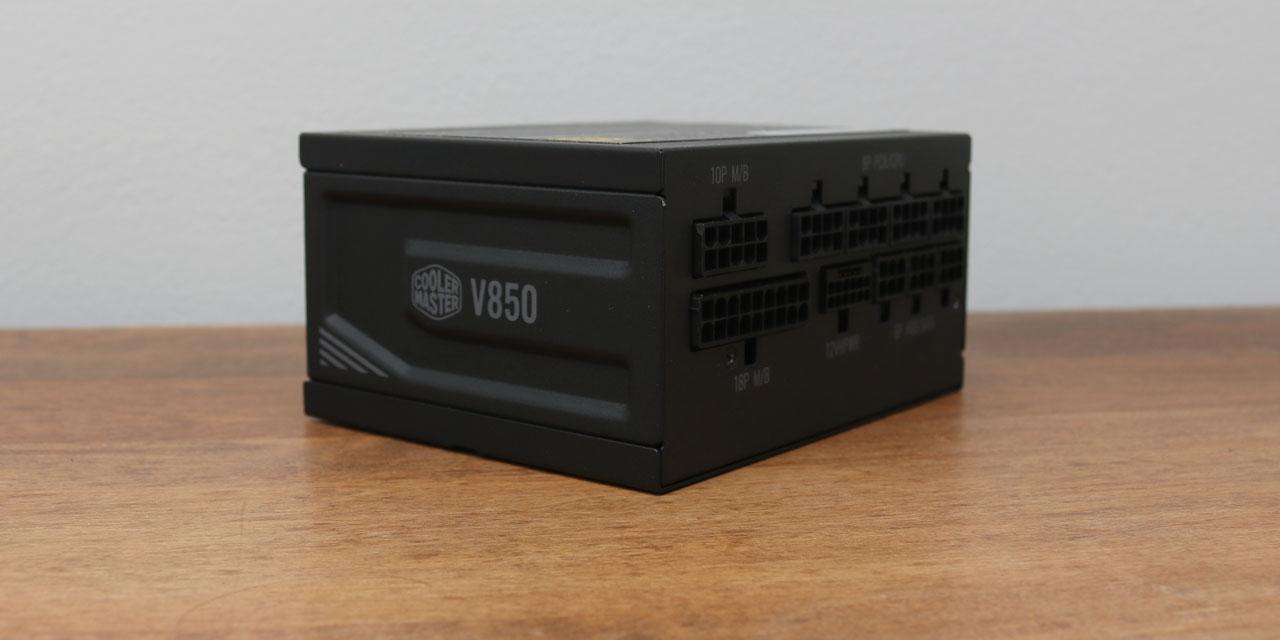|
From X-bit Labs: Intel Corp. on Monday introduced the first commercial Xeon Phi coprocessors based on Intel many-core MIC micro-architecture for the high-performance computing market. The world’s largest chip supplier has already started to ship Xeon Phi products to customers on the market of supercomputers. Intel Xeon Phi coprocessors are already featured in 7 supercomputer systems including the most power-efficient supercomputer on the list – "Beacon" – delivering 2.44GFLOPS/W. "The combination of the Intel Xeon processor family and the Intel Xeon Phi coprocessor will change the scope and scale of what highly parallel applications can accomplish, by delivering unprecedented performance, efficiency and programmability. With this technology as a new foundation for HPC, solving real-world challenges from accurately predicting weather patterns 21 days in advance, to developing new cures for diseases will become increasingly possible," said Diane Bryant, vice president and general manager of the datacenter and connected systems group. Based on the Intel Many Integrated Core (Intel MIC) architecture, Intel Xeon Phi coprocessors will complement the existing Intel Xeon processor E5-2600/4600 product families to deliver high performance for highly parallel applications. With Intel Xeon Phi products handling much of the "highly parallel" processing to help supercomputers produce answers for a wide range of scientific and technical disciplines, Intel believes its chips will help blaze a path to Exascale computing, which would mark a thousand-fold increase in computational capabilities over Petascale-class systems available today. Intel Xeon Phi coprocessors are made using 22nm process technology. The Intel Xeon Phi coprocessor takes advantage of familiar programming languages, parallelism models, techniques and developer tools available for the x86 architecture. This helps ensure that software companies and IT departments are equipped with greater use of parallel code without retraining developers on proprietary and hardware specific programming models associated with accelerators. Intel is providing the software tools to help scientists and engineers optimize their code to take full advantage of Intel Xeon Phi coprocessors, including Intel Parallel Studio XE and Intel Cluster Studio XE. Available today, these tools enable code optimization and, through using the same programming languages and models shared by Intel Xeon Phi coprocessors and Intel Xeon processors E5 product family, help applications benefit both from tens of Intel Xeon Phi coprocessor cores and also from more efficient use of Intel Xeon processor threads. The Intel Xeon Phi coprocessor 3100 family will provide great value for those seeking to run compute-bound workloads such as life science applications and financial simulations. The Intel Xeon Phi 3100 family will offer more than 1TFLOPS double-precision performance, support for up to 6GB memory at 240GB/s bandwidth, and a series of reliability features including memory error correction codes (ECC). The family will operate within a 300W thermal design point (TDP) envelope. The Intel Xeon Phi coprocessor 5110P features 60 cores with 4-way simultaneous multi-threading technology and 512KB L2 cache per core, provides additional performance at a lower power envelope. It reaches 1.01TFLOPS double-precision performance, and supports 8GB of GDDR5 memory at a higher 320 GB/sec memory bandwidth. With 225 watts TDP, the passively cooled Intel Xeon Phi coprocessor 5110P delivers power efficiency that is ideal for dense computing environments, and is aimed at capacity-bound workloads such as digital content creation and energy research. This processor has been delivered to early customers and featured in the 40th edition of the top500 list. View: Article @ Source Site |
 |
Intel Announces First Xeon Phi Products for High-Performance Computing
© Since 2005 APH Networks Inc. All trademarks mentioned are the property of their respective owners.





